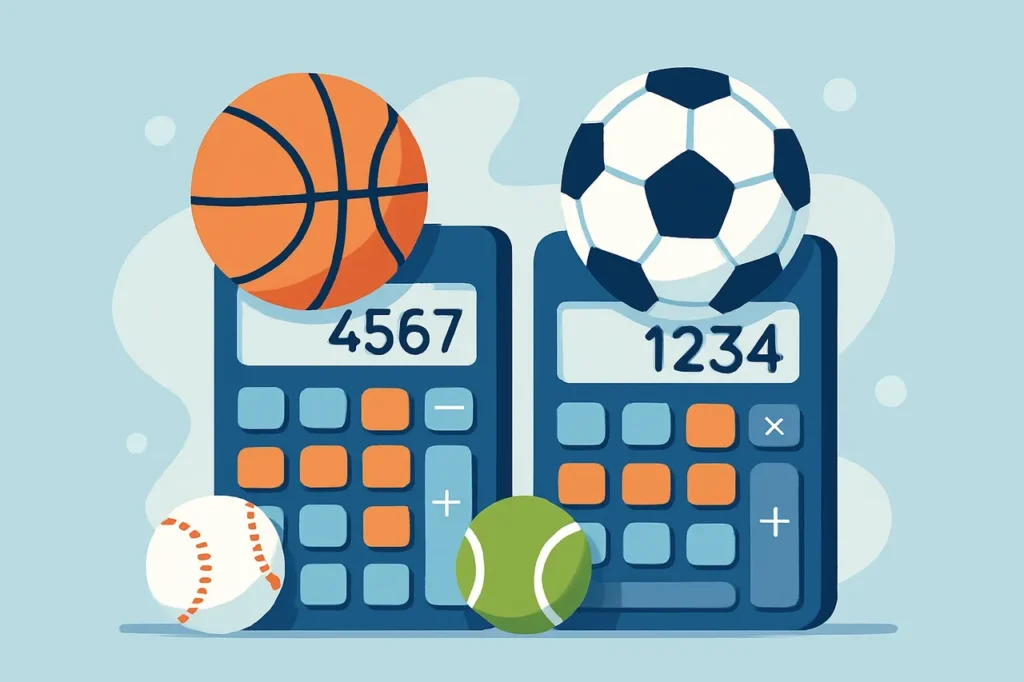
The Year We Broke Everything
Twenty Years After Facebook, Connection Has Never Felt So Hollow
In February 2004, a college student launched a small website called “TheFacebook” out of his Harvard dorm room. It was simple. You added your photo, your relationship status, maybe your favorite band. It felt raw, honest — even exciting. Within a year, it spread beyond campuses. Within a decade, it had reshaped the internet. And now, twenty years later, it’s hard not to ask: what did we really build?
Because if 2004 was the year we connected, 2025 might be the year we lost control.
The Algorithm Took the Wheel
In the early days, social media was refreshingly straightforward. You saw what your friends posted — in the order they posted it. But slowly, the algorithm crept in. First to show you “what matters most,” then to “personalize your experience,” and finally to keep you endlessly scrolling.
The result? We stopped choosing what we see. The feed became a battlefield of outrage, spectacle, and emotional manipulation. The algorithm didn’t care what you believed — it only cared how long you stayed.
And the content that keeps us the longest? The kind that makes us feel the strongest — angry, afraid, envious, superior. Connection was replaced by engagement, and engagement became a metric of manipulation.
Everyone’s Talking — But No One’s Listening
The irony is bitter: we have never been so “connected,” and yet, we have never felt more alone. Friendships were replaced by followers, conversations by comment sections. We interact with avatars, not people — highlight reels, not lives.
What used to be a space for genuine connection has turned into a performance. Our feeds are curated, our photos filtered, our thoughts shortened into trending hashtags. Vulnerability is monetized, and authenticity is… an aesthetic.
Truth Doesn’t Trend
With personalization came fragmentation. The more we were shown “what we like,” the less we saw what challenged us. The internet turned into a funhouse mirror — different versions of reality, tailored to each user. Facts became optional. Opinions became identity.
And into this fractured landscape came deepfakes, misinformation campaigns, conspiracy rabbit holes. Viral lies traveled faster than the truth ever could. Trust — in media, institutions, even each other — quietly evaporated.

The Product Is You
By now, it’s no secret: we were never the customer. We were the data. Every click, every pause, every like — harvested, analyzed, sold. Facebook became Meta. The network became an empire. And our attention became its most valuable currency.
Social media didn’t just observe our behavior. It shaped it.
Can We Still Disconnect?
By 2025, many of us feel the fatigue. We try digital detoxes. We mute. We delete apps — sometimes temporarily, sometimes for good. There’s a growing awareness that something is broken, even if we can’t always name it.
But leaving isn’t easy. These platforms have become intertwined with how we work, socialize, even form identities. Walking away can feel like disappearing. And the fear of being left out — of vanishing from the collective scroll — still pulls many of us back in.
Summary
Two decades ago, we built something that felt like magic. A way to reach anyone, anywhere, anytime. But along the way, we stopped noticing what we were trading in exchange.
2025 might not be the year we destroyed everything. But it could be the year we realized that something vital had already shattered — quietly, beneath our screens.
And now we have to decide: do we keep scrolling, or do we try to rebuild what we lost?








